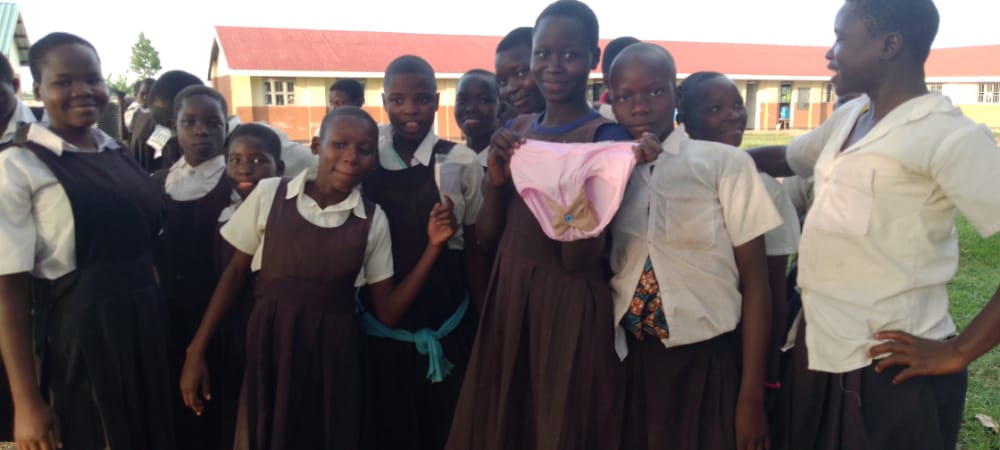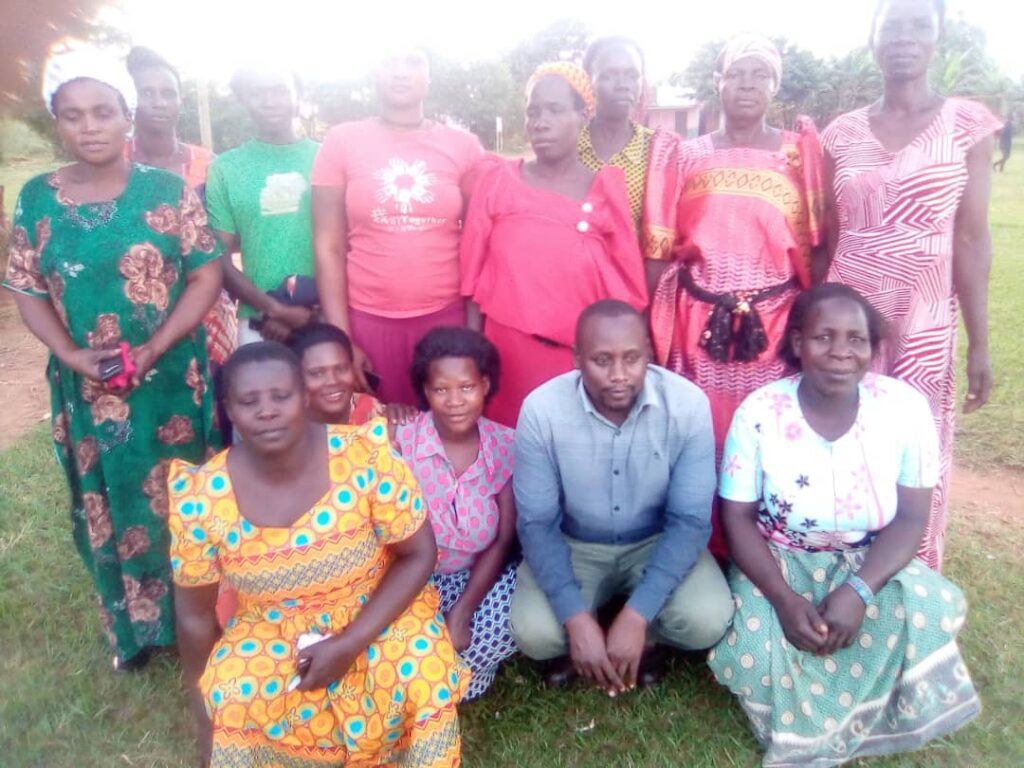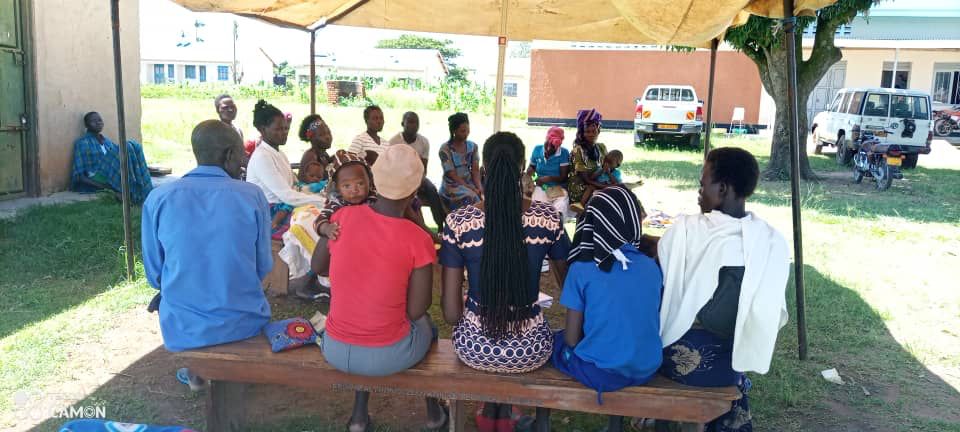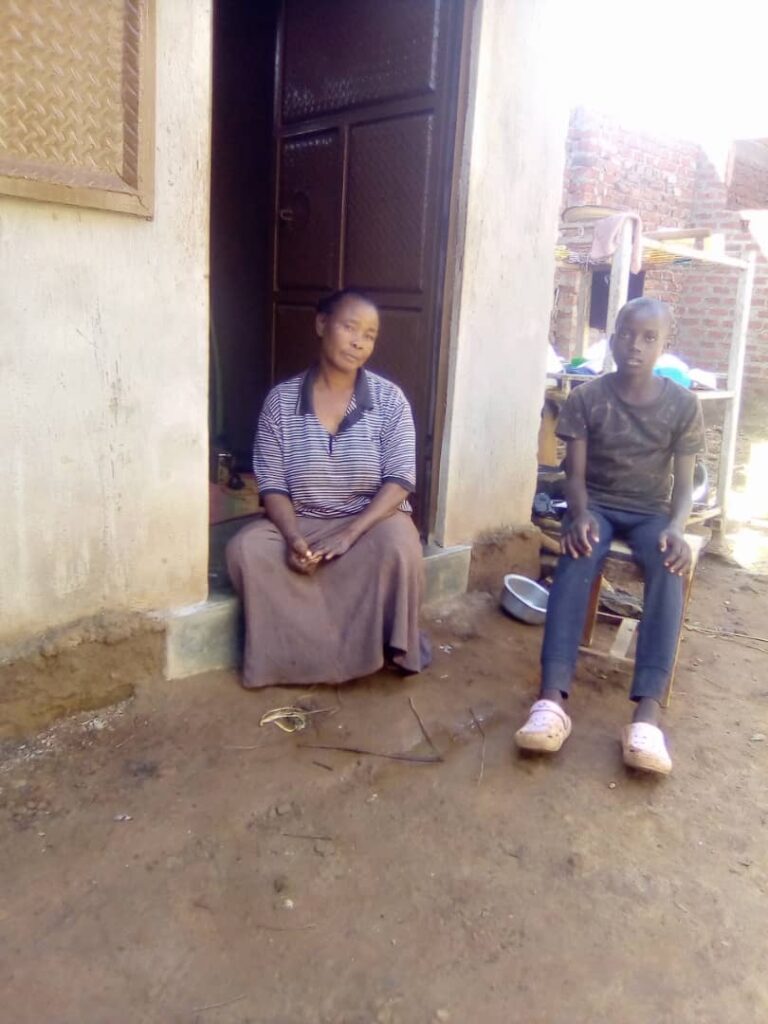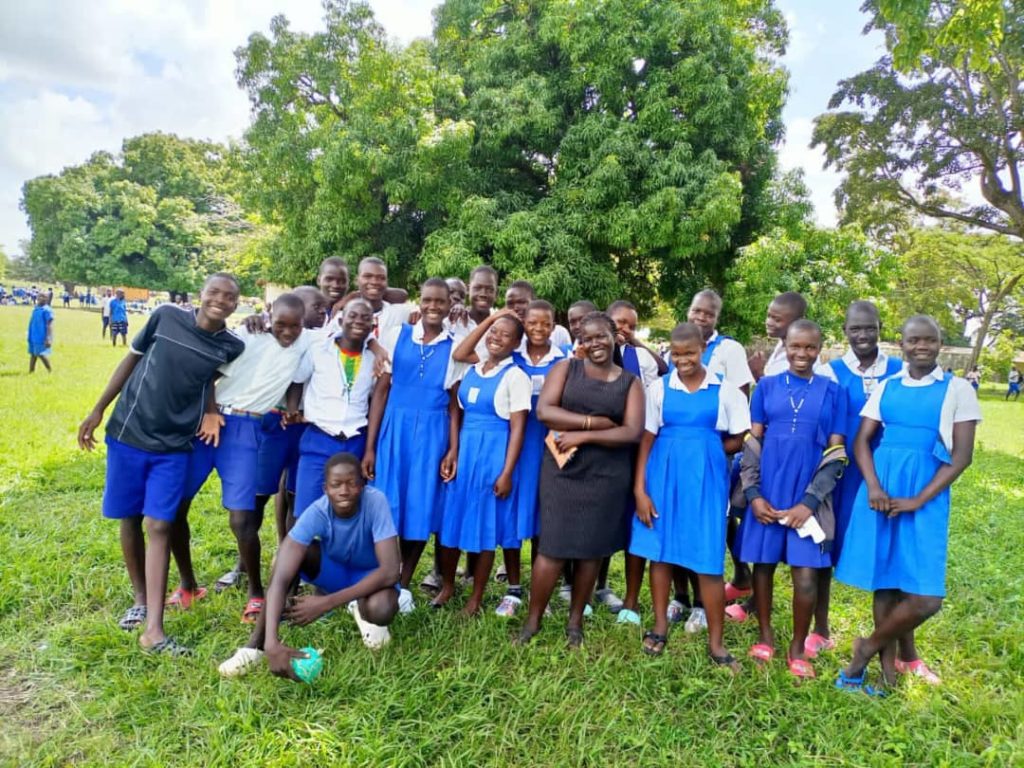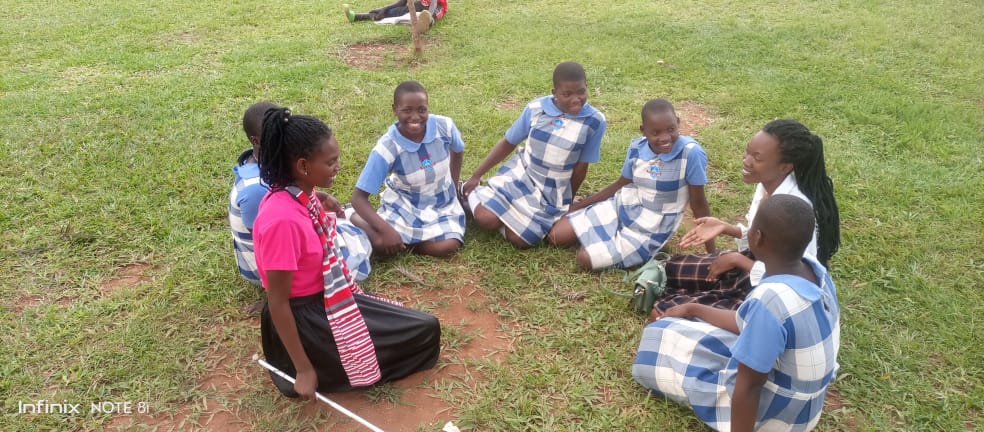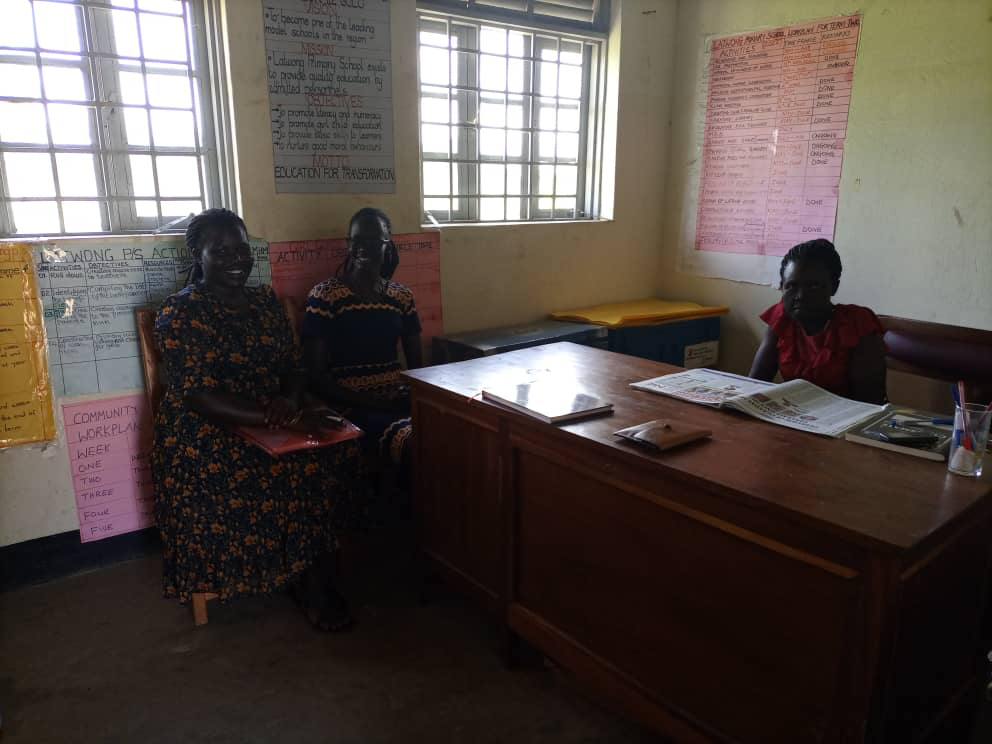About Community Social Labs
Under the auspices of the RESILIENT project, three Universities in East Africa are using the
Community Social Labs (CSL) methodology to engage with communities and local
stakeholders to address complex social problems using locally relevant materials.
Community Social Labs have been conceptualised as sites for rural social innovation through increased university-community engagement to find local solutions for perverse problems that confront communities. Within the RESILIENT project the CSL have adopted three core approaches, namely:
(i) Problem-based student placements,
(ii) Research at the grassroots level, and
(ii) Engagement and Advocacy with the local authorities and stakeholders.
They are being implemented in the three partner countries in East Africa namely Uganda, Rwanda, and Tanzania, with each country focusing on a specific priority area. The community social labs have resulted in several initiatives and projects that have contributed towards addressing child abuse and increasing school retention, increased awareness and mindset change among communities, increased youth engagement in income generating activities and projects that address income poverty among older persons. The methodology is at the same time revolutionising social work field practice education as the signature pedagogy for social work, and also contributes towards decolonisation and indigenising of social work education and practice.
AREAS OF FOCUS
a) Makerere University, Department of Social Work, Uganda
Addessing the nexus between child abuse and school retention (SDG 4). Makerere
University conducts research and community engagement through social labs focusing on
child abuse, specifically addressing child marriage and child sexual abuse as some of the
barriers to children’s schooling. Three rural districts in the Northern, Eastern and South-Western regions host the social labs. This is directly linked to SDG 4 which requires that
children learn and complete the education cycle in a safe, supportive, and violence-free
environment. Despite national efforts to address child abuse in Uganda, the vice is still high.
b) University of Rwanda, Department of Social Work
Youth Unemployment (University of Rwanda): This is aligned to SDG 5 on addressing
idleness and youth disengagement. Youth unemployment rate in Rwanda in 2019 was
19.6%.
c) Institute of Social Work, Tanzania
Elderly inclusion and participation (Institute of Social Work, Tanzania): The Institute will
also focus on elderly participation in economic activities (SDG 1). The elderly constitutes one of the poor, disadvantaged and underrepresented groups in socio-economic activities in Tanzania. Evidence shows that not more than 6 percent of the elderly population is covered by the formal social security programs.
Early evidence suggests that community social labs have not only contributed towards the
resilience and confidence of communities in utilising their agency for problem solving but
also it is a viable approach to strengthening locally relevant, decolonised pedagogies in
social work education.



